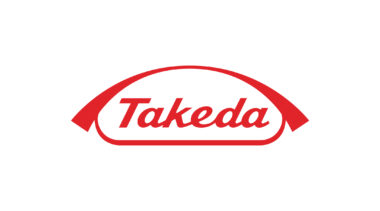Wildfires in Canada are leading to significant health risks and air quality alerts in the USA.
Available to comment:
Professor Yuming Guo, Professor of Global Environmental Health and Biostatistics & Head of the Monash Climate, Air Quality Research (CARE) Unit.
Contact details: +61 (0) 412 545 867, [email protected] or Twitter DM: @YumingGuo007
Available 10am-2pm today (Friday 9 June 2023).
Read more of Professor Guo’s commentary at Monash Lens
- Environmental health
- Air quality and illness
- Health effects of pollution
- Climate change and health
The following can be attributed to Professor Guo:
“Wildfires are appearing more frequently, with longer fire seasons. The impacts of wildfires are not only limited to the local population. Wildfire smoke can spread far away from the fire sites. This means many people can be affected by wildfire smoke.
“Wildfire smoke can have various health impacts, particularly for wildfire related fine particles (PM2.5). Studies have shown that sudden increase in wildfire-related PM2.5 can immediately increase health risks, for example, cardiovascular, respiratory, mental, and maternal health and birth outcomes.
“Emerging studies have shown that exposure to wildfire related PM2.5 can increase health risks several months later. To avoid the health risks of wildfire smoke, individuals should:
1. Keep informed by tracking air quality reports and stay updated on the status of wildfires and wildfire smoke.
2. Reduce outdoor activities.
3. Stay indoors and use air purifiers or air conditioners with a high-efficiency particulate air (HEPA) filter.
4. If you go outside, use masks, particularly N95 or P100 respirator masks.
5. Make a plan for evacuation if necessary, for example if the forecast shows that the smoke will last for many days.”
For more Monash media stories visit our news & events site: monash.edu/news
For any other topics on which you may be seeking expert comment, contact the Monash University Media Unit on +61 3 9903 4840 or [email protected]


